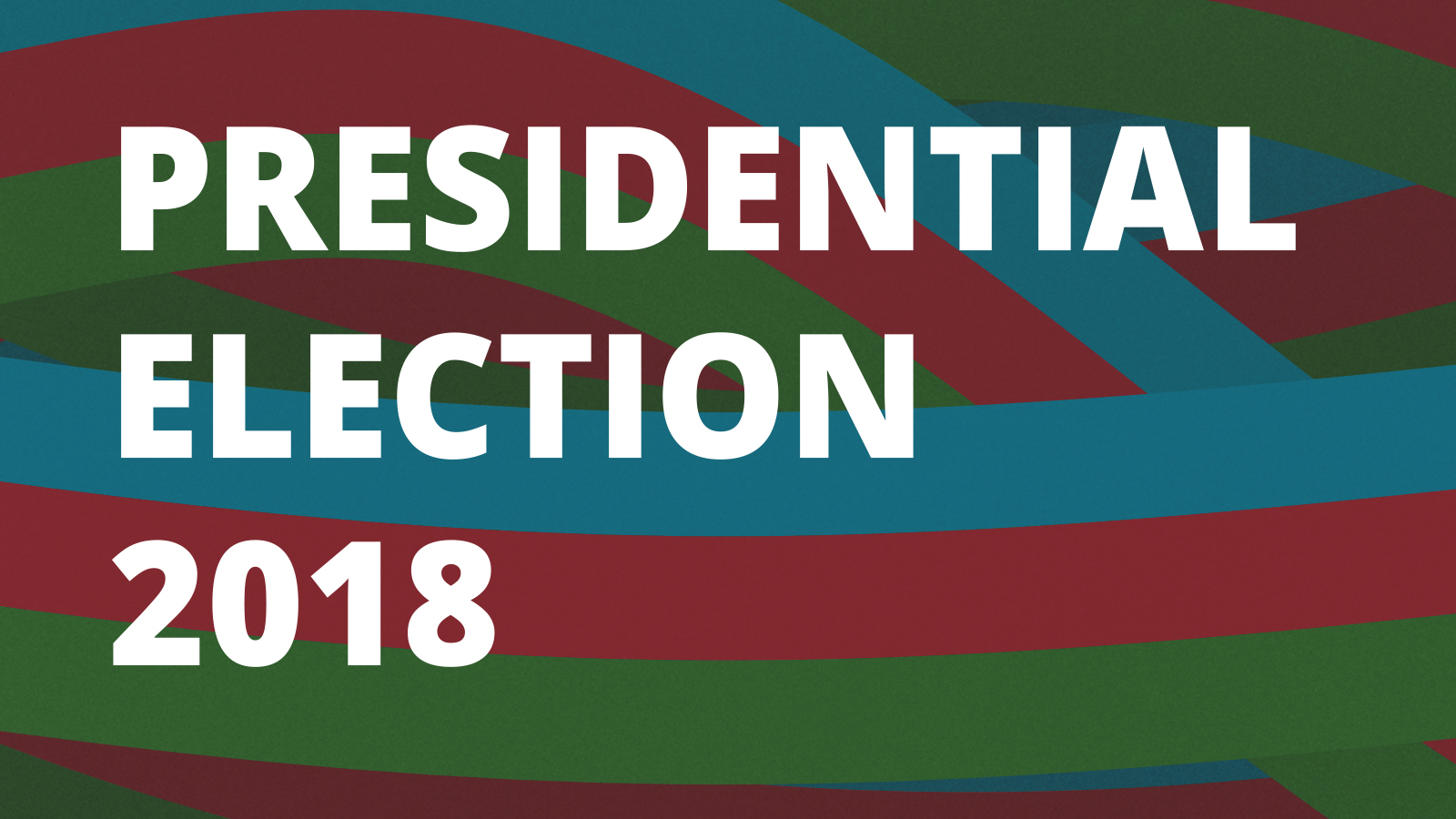Speaking in Geneva at the time of the election, Anar Mammadli, Chairperson of Election Monitoring and Democracy Studies Centre (EMDS), said: “Since February 2018 when the President of Azerbaijan launched the Presidential election process, the political repression in the country increased dramatically… Political stakeholders, civil society actors and journalists were not able to use this opportunity to take part in the election process without restrictions.”
EMDS, a member organisation of Human Rights House Azerbaijan, observed the election processthrough different citizen-observer groups, and recorded widespread, serious election violations that undermined voting and counting processes. This included voting without registration in 47% of polling stations, ballot-box stuffing in 53% of polling stations, and multiple voting in 53% of polling stations. Only 8% of polling stations were free of major violations. The organization also received reports of pressure and harassment towards observers and journalists who were raising concerns about violations or attempting to monitor the counting process.
The main international observation missions of OSCE Parliamentary Assembly, OSCE/ODIHR and the Parliamentary Assembly of the Council of Europe’s findings were consistent with those of local independent observers such as EMDS and put the spotlight on the current context in which it is simply impossible to hold a free and fair election in Azerbaijan. On the day after the election, they issued a joint statement where they pointed out that “the early presidential election in Azerbaijan took place within a restrictive political environment and under laws that curtail fundamental rights and freedoms, which are prerequisites for genuine democratic elections. Against this backdrop and in the absence of pluralism, including in the media, the election lacked genuine competition.”
Mammadli was in Geneva with Necmin Kamilsoy for consultations around Azerbaijan’s United Nations Universal Periodic Review (UPR) of its human rights situation, with early “pre-session” consultations having fallen at the same time as the election in Azerbaijan.
Despite his organisation’s conclusions on the outcome of the election, and Azerbaijan’s significant human rights challenges since its previous UPR in 2013, Mammadli considered the UPR platform as a good opportunity to raise the voices of Azerbaijan civil society: “In such a circumstance, we think it is very important to use international instruments for raising the critical voice, and the voices of the victims of human rights abuses.”
Necmin Kamilsoy, representing the Legal Education Society, also a member of Human Rights House Azerbaijan, and headed by his father, Intigam Aliyev, was in Geneva for the UPR pre-session consultations and concurred with Anar Mammadli’s assessment. He said: “The message we have brought to Geneva is that in the past five years we have witnessed the worst period in the history of Azerbaijan for the civil society of Azerbaijan… the government has tried in many ways to eliminate space for independent NGOs, especially those working in the field of human rights, rule of law, transparency, media, and election observing.”
Looking ahead to Azerbaijan’s formal UPR at the United Nations on 15 May, Kamilsoy reflected on his message to United Nations Member States in the context of Azerbaijan’s review. “We have encouraged Member States to ask specific questions [of Azerbaijan], especially on the state of implementation. Although Azerbaijan accepted numerous recommendations in order to improve the human rights situation [at its last review in 2013], what we have seen in the past five years is that the government not only didn’t implement the recommendations, but the situation is now worse.”
“We are giving this message to UN Member States and asking them to make very specific recommendations to the authorities of Azerbaijan”, he concluded.
The result of last week’s election sees President Aliyev elected to his third term, a culmination of referendums in 2009 and 2016 which greatly increased the powers of the president by, among other constitutional amendments, removed the two-term limit, prolonged the presidential term from five to seven years, and gave the President the prerogative to declare extraordinary presidential elections.
Anar Mammadli wins case at ECHR

Recently, Anar Mammadli won a case at the European Court of Human Rights related to his politically-motivated arrest. The court stated Mammadli was “deprived of his liberty in the absence of a “reasonable suspicion” of his having committed a criminal offence,” and that the authorities violated Articles 5 and 18 ECHR. HRHF made third party comments on the case, with their partner organisations Freedom Now and Helsinki Foundation for Human Rights.





